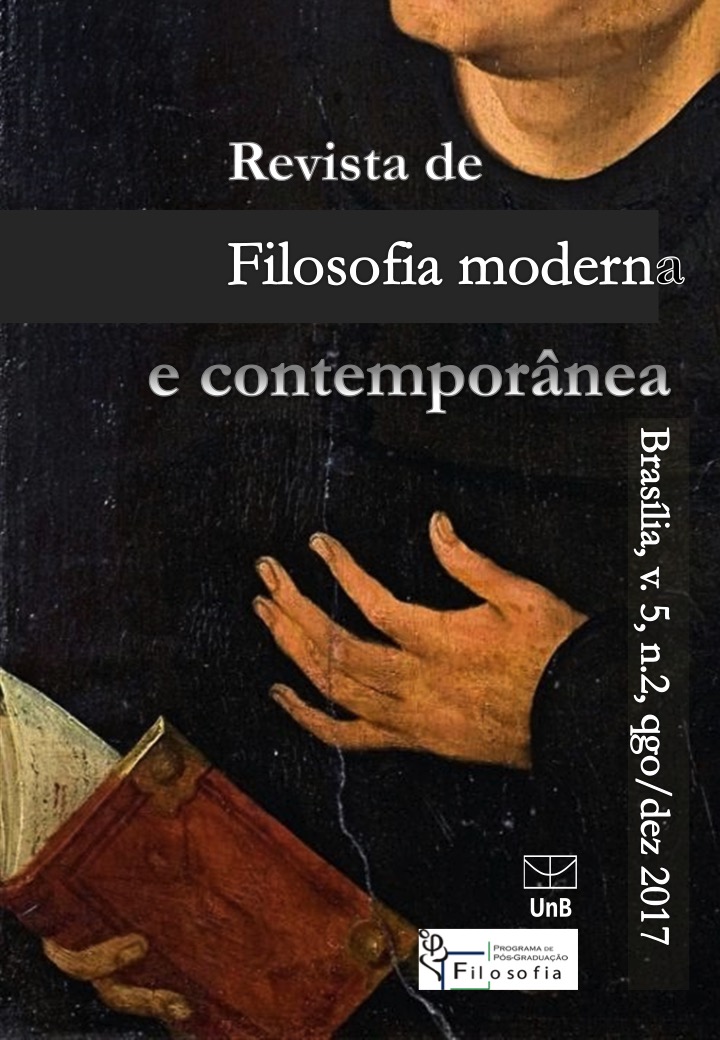Kierkegaard, Luther and Lutheranism: polemics and dependence
DOI:
https://doi.org/10.26512/rfmc.v5i2.12595Keywords:
Kierkegaard, Luther, Lutheranism, Dialectic of law and gospelAbstract
Kierkegaard has a complex relationship with Luther and Lutheranism. If he grows up in a prominent Lutheran context and is strongly influenced by that context, at the same time he is polemic both with relation to the reformer and with respect to his legacy. Taking the celebrations of the 500 years of Protestant Reformation as a motto, this text wants to investigate the intricacies of this relationship. For doing this, the article initially analyzes Kierkegaard’s polemic and main criticisms of Luther and the Lutheran Church of Denmark, particularly from some of Kierkegaard’s notes in his Journals. Secondly, the article analyzes Kierkegaard’s dependence on the dialectic of law and gospel as thought by the reformer. This analysis will go through a series of specific works of Kierkegaard and then examine briefly how Kierkegaard thought the overall plan of his work as equally dependent on that dialectics. Finally, in the conclusion, it will be argued that Kierkegaard inherits from Luther and Lutheranism the dialectic of law and gospel and criticizes Luther and Lutheranism in behalf of this same
dialectic.
Downloads
Downloads
Published
Issue
Section
License
Copyright for articles published in this journal is retained by the authors, with first publication rights granted to the journal. By virtue of their appearance in this open access journal, articles are free to use, with proper attribution, in educational and other non-commercial settings.


